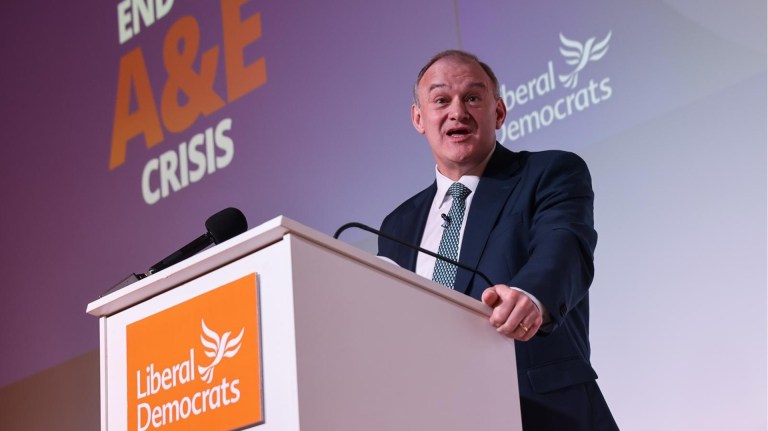“The public sector should take advantage of new technologies, but it also needs to be aware of the potential damage of careless cuts excused by overinflated claims about AI’s capabilities,” she said.
“Developing AI that works well requires investment in the back-end data, systems, processes and people it relies on. Government has a long history of underestimating the costs of technological transformations.”
New technology can be revolutionary – the internet, for example, is now embedded in every part of the state. The government is hoping that AI will be similarly transformative; their 50 point AI action plan announced earlier this year envisages “mainlining” it into the country’s “veins”.
But the UK government has a track record of costly failures when it comes to deploying tech at scale.
In 2002, the NHS National Programme for IT was launched to digitise patient records. Initially budgeted at £6.2bn, it spiralled beyond £10bn before being scrapped in 2011 due to poor management and system incompatibility.
The universal credit IT system was designed to streamline welfare payments – but repeated delays and technical failures saw costs balloon from £2.2bn to over £15.8bn. The Home Office’s e-Borders project, meant to track travellers entering and leaving the UK, suffered a similar fate – originally estimated at £600m, it exceeded £1bn before being abandoned after legal disputes and technical issues.
How do you stop history from repeating itself? The expertise of public servants, said Tennison.
Advertising helps fund Big Issue’s mission to end poverty
“Public servants have the best understanding of where inefficiencies and pain points are, and should be intimately involved in shaping solutions, whether that entails scrapping processes completely or using AI to make them more efficient,” she said.
The government has pledged £42m to three ‘Frontier AI Exemplars’, led by the Department for Science, Innovation and Technology. These exemplars are expected to “test and deploy AI applications to make government operations more efficient and effective and improve outcomes for citizens by reducing unnecessary bureaucracy”, the government said.
It’s an important goal, says Tennison – but not all human oversight should be dismissed as mere bureaucratic red tape.
“Members of the public welcome systems that make it easier to interact with government, but also have concerns when data about them is used and shared, when decisions are made about them by algorithms, and when they are forced to interact with chatbots rather than real people,” she said.
“AI systems aren’t perfect and will make mistakes. It is vital that these are detected and corrected quickly. The most effective adoption of AI will work with public sector workers and civil society to improve systems iteratively over time.”
The Big Issue has previously reported on the dangers of embedding AI in the benefits system – with one claimant alleging it brings “bias and hunger”.
Advertising helps fund Big Issue’s mission to end poverty
A survey released last week by the Ada Lovelace Institute shows broad-based public support for the right to appeal against AI-based decisions, and for more transparency in how they are made. Some 65% of survey respondents said that procedures for appealing decisions and 61% said getting more information about how AI has been used to make a decision would make them more comfortable.
A robust civil service is essential for public trust, unions have claimed.
“The government must recognise that there is a fine line between cutting back bureaucracy and undermining the essential functions of the state,” said Prospect chief Mike Clancy last month. “Good regulation is the foundation of economic success, not a barrier to it.”
Do you have a story to tell or opinions to share about this? Get in touch and tell us more. Big Issue exists to give homeless and marginalised people the opportunity to earn an income. To support our work buy a copy of the magazine or get the app from the App Store or Google Play.






